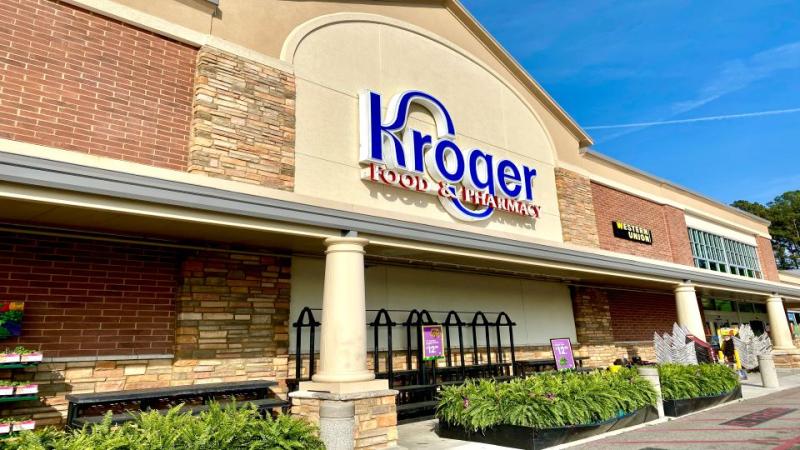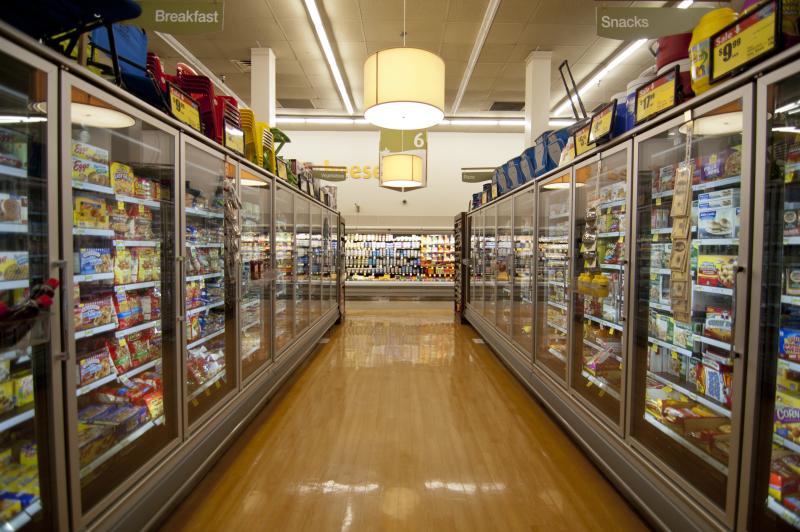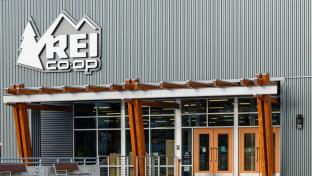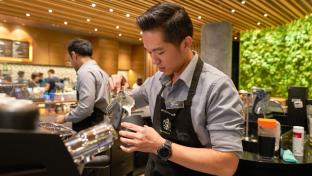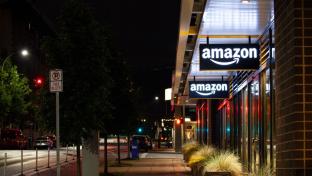Could the Kroger and Albertsons Merger Create a Powerhouse, Inflation-Proof Brand?
Kroger and Albertsons Companies, Inc. have filed to merge in early 2024, which would establish a significant, nationwide presence that could reshape the supermarket environment if approved. Serving 85 million households across 4,996 stores in 58 states and D.C. — with 710,000 associates — the new banner would also include 66 distribution centers, 52 manufacturing plants, 3,972 pharmacies, and 2,015 fuel centers.
Collectively, the brands generate about $210 billion in revenue per year.
The Numbers Behind the Deal
- Kroger will acquire outstanding Albertsons shares for $34.10 per share — a $24.6 billion deal
- Kroger will assume approximately $4.7 billion in debt from Albertsons
- While both companies’ boards unanimously approved the agreement, the transaction will be subject to rigorous regulatory approval
- In order to battle regulatory concerns, the retailers agreed to create an independent spin-off company of up to 375 stores
- At the deal’s close, Rodney McMullen will continue to serve as chairman and CEO and Gary Millerchip will continue as CFO
One of the leading arguments for the merger relates to pricing as inflationary concerns persist. The September consumer price index — which measures changes in the cost of food, housing, gasoline, utilities, and other goods — increased 8.2% over the past 12 months in August — nearly a 40-year-high. The rising prices of goods and constraints on inventory are causing roadblocks though consumer spending is healthy.
“Thanks to a strong job market and generous federal stimulus, consumers are in spending mode. But while demand for goods and services is up across the board, supply has not kept pace. Add in a horrific war and supply chain issues and you get global inflation,” said Daniel Roccato, MBA, CPM, clinical professor, University of San Diego, in a statement.
Kroger and Albertsons allege that the merger will be able to reduce prices and battle supply challenges, reinvesting an estimated half a billion dollars of cost savings from synergies to reduce prices for consumers.
Additionally, as a combined entity with an increased manufacturing footprint, Kroger stated it will be better positioned to relieve the inflationary pressures facing shoppers by leveraging its combined portfolio of about 34,000 total private label products.
Neil Saunders, managing director of GlobalData, said the acquisition positions Kroger as the largest food retailer in the U.S. behind Walmart, controlling an estimated 11.8% of the food and grocery market.
“In a market where margins are under pressure, the additional scale is useful for Kroger as it improves economics through better buying power,” Saunders added. “This is critical at a time when inflation is acting as a drag on both the top and bottom lines.”
The Impact of Consolidation
As part of the merger, the companies plan to make additional improvements across the enterprise. It will be investing an incremental $1.3 billion into Albertsons stores to elevate the customer experience. Kroger will also continue its effort, initiated in 2018, to invest in raising associate wages and comprehensive benefits upon the deal’s close — a $1 billion plan.
Kroger and Albertsons predict additional benefits from the merger, including an advanced “Leading With Fresh, Accelerating With Digital” strategy. Kroger expects that its end-to-end fresh initiatives across a broader network will allow the combined company to optimize its supply chain and expedite deliverability. Additionally, due to the larger network of stores and distribution centers, Kroger expects to expand its portfolio of fresh products, extend shelf lives, and accelerate penetration of its fresh portfolio.
Rodney McMullen, Kroger chairman and CEO, said in a statement that by bringing together two purpose-driven organizations, it advances its commitment “to build a more equitable and sustainable food system by expanding our footprint into new geographies to serve more of America with fresh and affordable food.”
Additionally, McMullen stated this puts the combined company in a better position to compete against larger, non-union competitors.
“As a combined entity, we will be better positioned to advance Kroger's successful go-to-market strategy by providing an incredible seamless shopping experience, expanding Our Brands portfolio, and delivering personalized value and savings,” McMullen added.
With an increased customer base of about 85 million households, Kroger expects to generate stronger customer analytics to elevate personalization using “one of the most comprehensive first-data repositories in the food and retail space.” To further develop this effort, by leveraging data science, the combined company is looking to develop a new, more compelling loyalty program.
[Read more: Kroger Revamps Loyalty Program Following Successful Expansion Pilot]
Saunders, however, has some concerns.
Albertsons, he said, will help Kroger expand share in areas of the country where Kroger currently does not perform as well, or can create a presence where it does not currently exist.
“However, it has to be said that the Albertsons operation and the quality of its store estate is generally inferior to Kroger’s, and we believe that this will present some headaches if the two businesses want to pursue deep integration,” said Saunders.
Additionally, should the merger move forward, Saunders predicts closures in areas where the brands overlap, particularly in the West.
“These could initially be minimal given that a lot of the existing stores have a fairly clearly defined catchment and loyal bases of customers,” said Saunders. “Over time, however, the rate of closures may be more pronounced as the combined chains seek to minimize duplication.”
While voices against the merger have cited regulatory concerns, Saunders does not believe it poses a major threat to the competitive dynamics of the market, adding that “scale is necessary to deliver the prices and investments that consumers demand.”
A Deeper Look at the Acquisition
- Shared operational learnings in both large- and small-store formats
- A more extensive distribution network of customer fulfillment facilities and pickup footprint
- A commitment to a shared ESG mission, advancing both Kroger’s Zero Hunger / Zero Waste plan and Albertsons sustainability program
- An expanded portfolio consisting of supermarket, fuel, and pharmacy categories
- Increased growth across the retail media, Kroger Personal Finance, Media Collective, and Customer Insights businesses
McMullen said, "As a combined company, we will build on our similar values to create a culture that embraces diversity, equity, and inclusion and fosters a best-in-class associate experience by enabling, supporting, and empowering our associates to unlock their full potential.”
He also said the merger secures union jobs and the company looks forward to creating “new and exciting career opportunities for associates."
“I am confident that the combination will also have a positive impact on our associates and the communities we are proud to serve,” said Vivek Sankaran, CEO of Albertsons Cos. “We look forward to working together with Kroger to capture the compelling opportunities ahead."
But can the merger compete against other brands in its competitive set, such as mammoth retailer Walmart?
[Read more: Walmart Leveraging Automated Tech in New Consolidation Center]
J.G. Collins, managing director of the Stuyvesant Square Consultancy, told Seeking Alpha that together Kroger and Albertsons do have the opportunity to reach logistical, purchasing, and pricing efficiencies that Walmart cannot.
“If the combined Kroger entity vigorously polices margins in the fashion that Walmart does with its vendors, and focuses heavily on supply-chain and distribution logistics, it will easily produce better margin and profit growth than Walmart will in the near term after the consolidation is affected,” said Collins.



